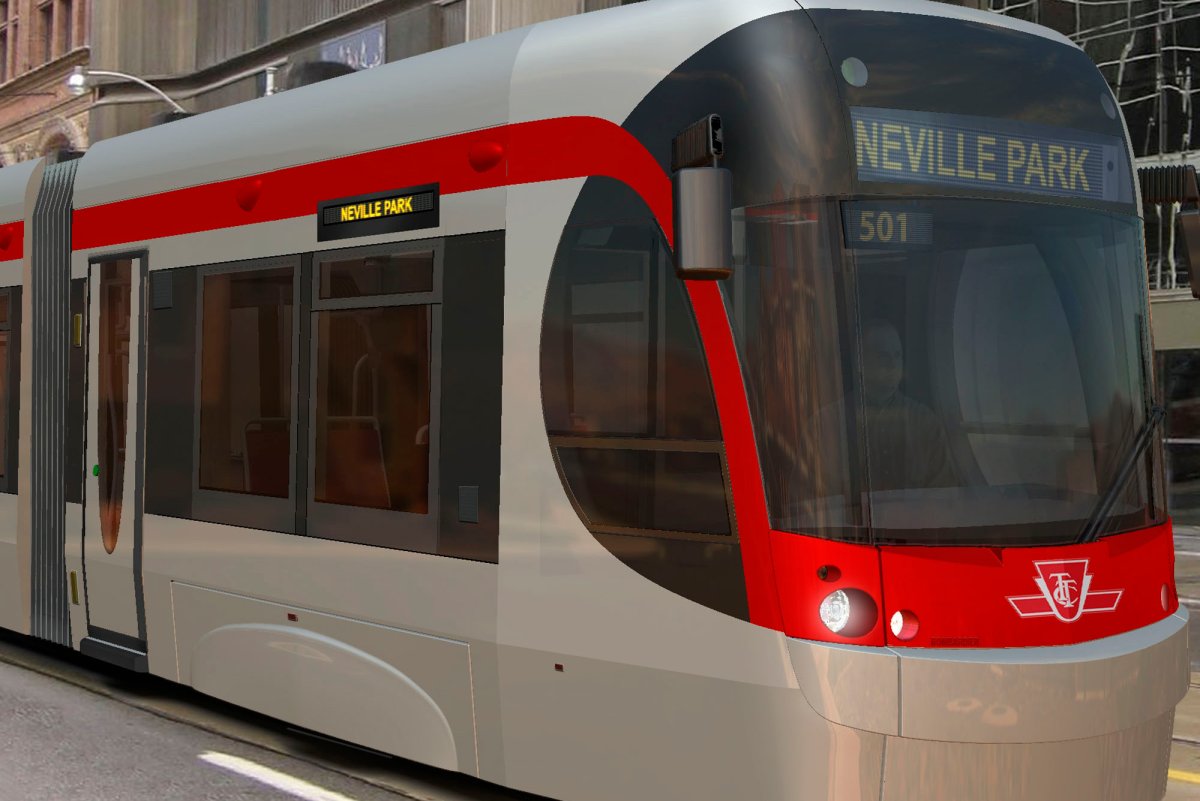TORONTO – A new report says the Toronto area has made solid economic gains in recent years, but many challenges lie ahead, particularly in the areas of transit, gridlock and deteriorating infrastructure.

With deficit-ridden governments reluctant to spend money, an aging population and an overvalued housing market, the report says continuing economic success “will not be easy.”
It says a regional focus on transit should be a priority for local municipalities.
The report written by TD Bank Economists Derek Burleton and Sonya Gulati at the request of The Greater Toronto CivicAction Alliance looked at the region’s recent economic past and created a long term assessment of the future.
To drive development in an economically uncertain time, the report says the municipalities in the Greater Toronto Area and the city of Hamilton need to work together to increase the region’s lagging productivity.
The report was released Thursday to help frame discussions at a CivicAction forum being held next week.

Get daily National news
“The best chance of success is likely to revolve around finding areas of common challenge across the region,” the report said. One area “that stands out in our view…is the need to transform the Toronto region’s transit and road system from disadvantage into significant advantage.”
A Toronto Region Board of Trade report has said traffic gridlock costs the city $6 billion in lost productivity every year.
Improving transit “seems to be one of the consensuses across the region,” report co-author Derek Burleton said in a telephone interview.
- Controversial law designed to free up Ontario hospital beds to be tested in court
- Bonnie Crombie takes aim at Ontario premier in campaign-style speech at Liberal gathering
- Ontario man facing murder charge in shooting death of older brother
- Raptors 905 open tryout sets tone for entire organization as Raptors continue rebuild
He acknowledged it can be difficult to get different municipalities to work together, but pointed out that co-operation exists in other city regions that have performed well.
“If one has the mindset of importance, it can be done,” he said.
The report goes on to address the need for new revenue tools to pay for expanded public transit and infrastructure.
It supports increased private-public partnerships, since “society’s needs far outstrip government’s ability to pay.”
But when governments need new revenue tools, the report supports road pricing and a regional sales tax as the best options for funding new transit infrastructure.
“These revenue-raising options would help fund the necessary services and would not result in a loss of competitiveness for businesses and residents in the region,” it said.
“There is no perfect revenue tool,” said Burleton, but the “region needs to consider new tools and balance the impact on the economy. Road pricing is efficient – the person paying the tax directly benefits from it.”
He also noted that a regional sales tax “is less detrimental” to economic growth than other prospects such as income tax or a land transfer tax.
The governing Liberals have stressed the need for new tools to raise $2 billion annually to improve transit, though they haven’t specified what those will be.
Premier Kathleen Wynne hinted in an interview with The Canadian Press today that she won’t rely on property taxes for the funds.
Others, including the provincial transit authority Metrolinx, have suggested measures such as highway tolls, a hike in the sales tax and a half-cent-a-litre tax on gasoline.





Comments